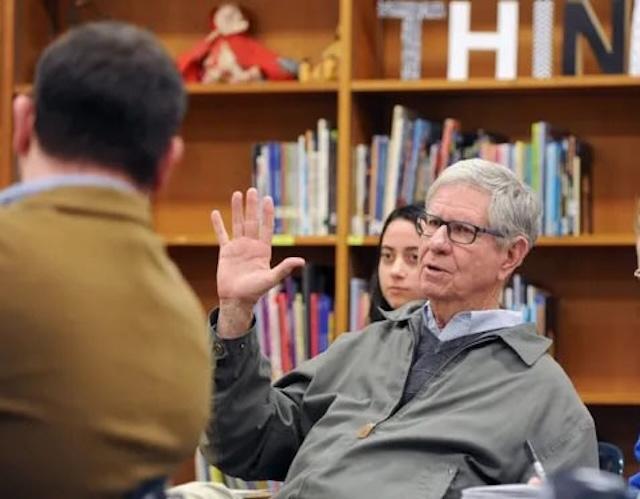Last week, I began a discussion about a community meeting I attended where needs and services were the topic.
One of the panelists spoke articulately of his disillusionment with both therapy and public education, seemingly unrelated topics. But are they really?
What I boiled it down to is that educators and students are not speaking the same language, talking past each other and not understanding each other which can lead to the need for therapy for both. For students, this is especially important as they enter adulthood.
In 1990, Dr. Charles Hargis and I wrote Dropouts: Who Drops Out and Why – And the Recommended Action. We found two important factors:
- The lock-step curriculum guarantees that some students will fail.
- The main reason students left school without a diploma was “school was not for me.”
Variables such as those are systemic and make it clear that blaming the victim is not a viable response. Hargis recommends a one-room school.
Just for information, let us review our last and current commissioners of education.
Penny Schwinn, former commissioner of education for the state of Tennessee, who was a supporter of charter schools, resigned her post in May 2023. She became vice president for PK-12 and pre-bachelors programs at the University of Florida, hired by Ben Sasse, the UF president who resigned under duress in July. Following his dismissal, Schwinn and five other of Sasse’s hires were dismissed from their positions. I suggest you research this mess at UF.
Our current commissioner of education, Lizzette Reynolds, has met with concerns over her credentials to serve in the role.
Why be concerned about our state’s department of education? Our U. S. Department of Education is potentially closing, sending control to the states, which in my opinion could be especially threatening in Tennessee. Follow this adventure.
All of this trickles down to the local communities: rural, urban and suburban. These are issues important to all Americans.
So far, we have discussed mental health, mental illness and education. More to come on other issues.
Bob Kronick is professor emeritus University of Tennessee. Bob welcomes your comments or questions to rkronick@utk.edu.

